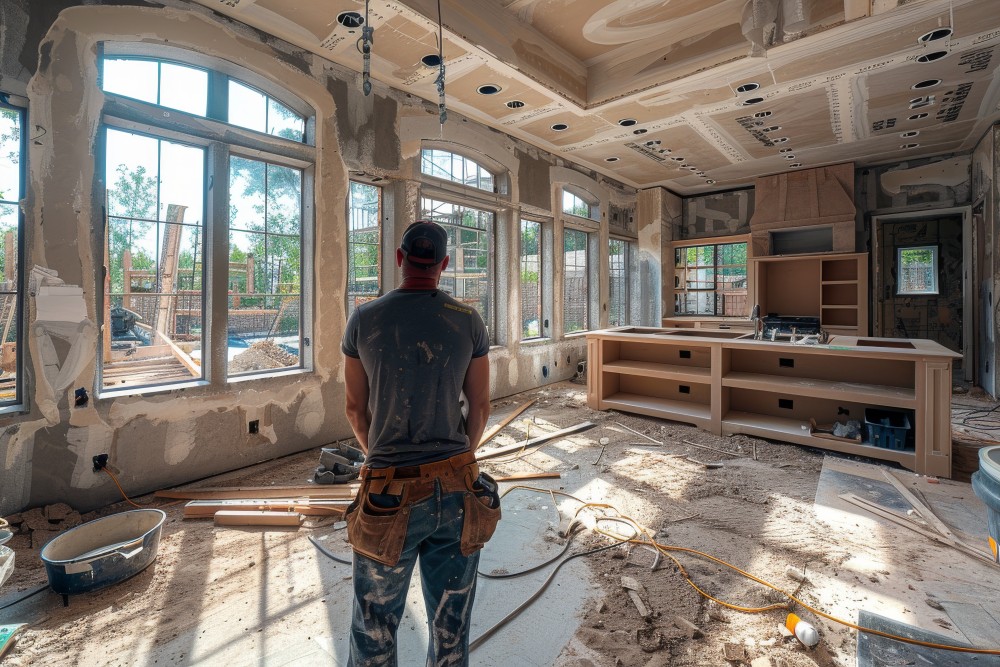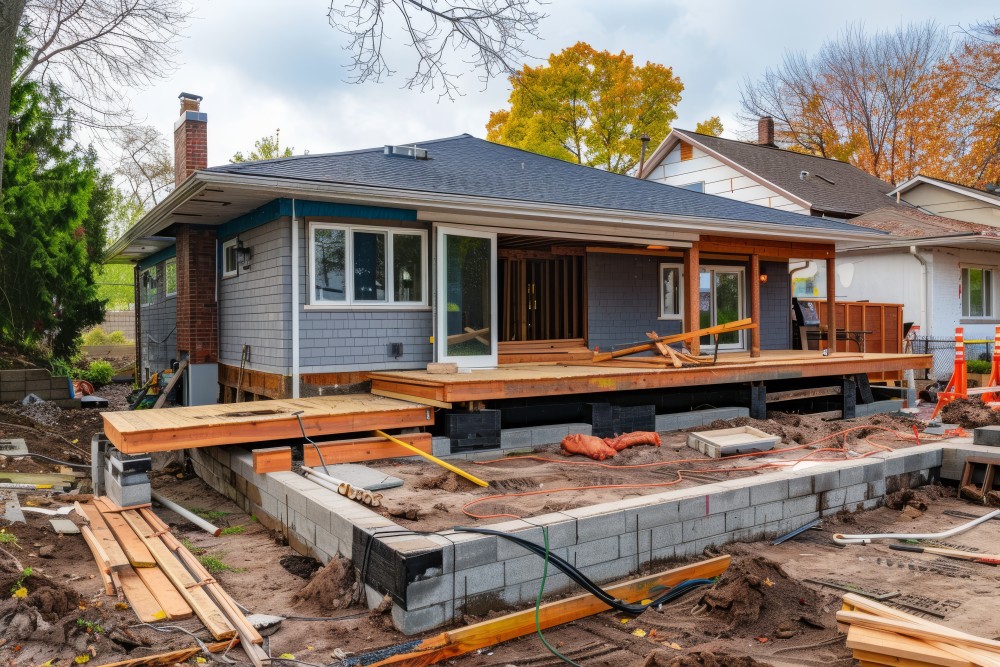1. Verify Licensing and Insurance
Check Licenses
- State Requirements: Each state has different licensing requirements for contractors. Check with your state’s licensing board or agency to verify that the contractor has the necessary licenses to perform the work.
- Specific Trades: Ensure the contractor holds the appropriate licenses for specific trades, such as electrical, plumbing, or HVAC, if applicable.
Confirm Insurance
- General Liability Insurance: Verify that the contractor has general liability insurance to cover any damages that occur during the project.
- Workers’ Compensation: Ensure the contractor carries workers’ compensation insurance to protect you from liability if a worker is injured on your property.
- Request Proof: Ask for a certificate of insurance and contact the insurance company to confirm coverage.
2. Check References and Reviews
Ask for References
- Recent Projects: Request references from recent projects similar in scope to yours. This helps ensure the contractor has relevant experience.
- Contact References: Speak directly with previous clients to inquire about their experience, the quality of work, and whether the project was completed on time and within budget.
Online Reviews
- Review Websites: Check websites like Yelp, Google Reviews, and Angie’s List for reviews and ratings from past clients.
- Better Business Bureau (BBB): Look up the contractor’s BBB rating and see if there are any complaints filed against them. The BBB also provides information on how complaints were resolved.
3. Investigate Work History and Experience
Years in Business
- Longevity: A contractor with several years of experience is more likely to be reliable and competent.
- Business Stability: A long-standing business is usually a good indicator of reliability and quality workmanship.
Portfolio of Work
- Previous Projects: Ask to see a portfolio of completed projects. This can provide insight into the contractor’s style, quality, and range of capabilities.
- Site Visits: If possible, visit some of the contractor’s past projects in person to see the quality of work firsthand.
Join HICP Homeowner’s Alliance
Connect with experts, get special discounts and enjoy member benefits
4. Check for Complaints and Legal Issues
State Licensing Board
- Complaints: Check with your state’s licensing board for any complaints or disciplinary actions taken against the contractor.
- Resolution: Find out how complaints were resolved and whether the contractor took appropriate action to rectify issues.
Court Records
- Litigation History: Search local court records for any lawsuits involving the contractor. Frequent litigation can be a red flag.
- Bankruptcies: Check for any bankruptcies that may indicate financial instability.
5. Verify Financial Stability
Supplier References
- Payment History: Contact suppliers who provide materials to the contractor. Ask about the contractor’s payment history and whether they pay their bills on time.
- Creditworthiness: A contractor with a good credit history is less likely to run into financial difficulties that could delay your project.
Subcontractor References
- Timely Payments: Speak with subcontractors who have worked with the contractor to ensure they are paid on time and treated fairly.
- Quality of Work: Subcontractors can provide valuable insights into the contractor’s management style and the quality of work performed.
6. Evaluate Communication and Professionalism
Initial Contact
- Responsiveness: Pay attention to how quickly the contractor responds to your inquiries. Prompt communication is crucial for a successful project.
- Professionalism: Evaluate the contractor’s professionalism during initial meetings. Are they punctual, organized, and respectful?
Written Estimates
- Detailed Quotes: Request a written estimate that includes a detailed breakdown of costs for labor, materials, permits, and other expenses.
- Transparency: A transparent and detailed estimate indicates that the contractor is thorough and honest about the project scope and costs.
7. Review Contracts and Agreements
Clear and Comprehensive Contract
- Scope of Work: Ensure the contract clearly outlines the scope of work, including specific tasks, materials, and timelines.
- Payment Schedule: Agree on a payment schedule that ties payments to project milestones rather than upfront lump sums.
- Change Orders: Specify the process for handling change orders, including how additional costs and time will be addressed.
Warranty and Guarantees
- Workmanship Warranty: Confirm that the contractor offers a warranty on their workmanship and understand the terms.
- Product Guarantees: Ensure that warranties for materials and products are provided and that they are backed by the manufacturers.
8. Conduct an In-Person Interview
Face-to-Face Meeting
- Personal Interaction: Meeting the contractor in person allows you to gauge their professionalism, communication skills, and whether you feel comfortable working with them.
- Discuss the Project: Use this opportunity to discuss the project in detail, ask questions, and address any concerns you may have.
Questions to Ask
- Experience and Specialization: Ask about the contractor’s experience with similar projects and any areas of specialization.
- Project Management: Inquire about how the contractor manages projects, including their approach to scheduling, supervision, and problem-solving.
Conclusion
Conducting a thorough background check on a contractor is a critical step in ensuring the success of your home improvement project. By verifying licenses and insurance, checking references and reviews, investigating work history and financial stability, and evaluating communication and professionalism, you can hire a reliable and skilled contractor with confidence. Taking these steps will help protect your investment, minimize risks, and ensure a smooth and successful renovation. Remember, the time and effort spent on due diligence upfront can save you from costly and stressful issues down the line.



















